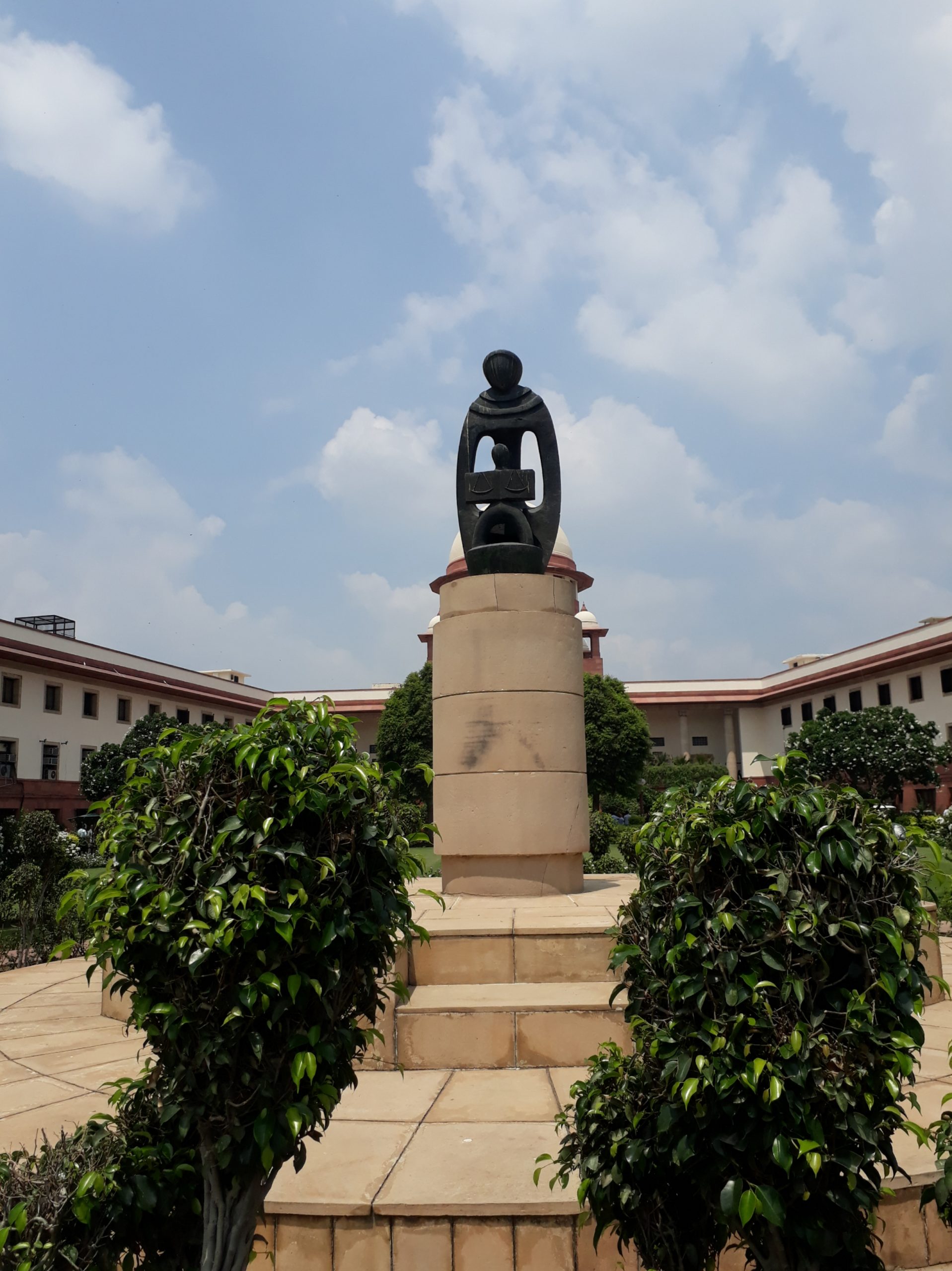Criminal Procedure Code, 1973, Section 439(2) – Cancellation of bail – Judicial impropriety – Held that the considerations for grant of bail and cancellation thereof are entirely different – Bail granted to an accused can only be cancelled if the Court is satisfied that after being released on bail, (a) the accused has misused the liberty granted to him; (b) flouted the conditions of bail order; (c) that the bail was granted in ignorance of statutory provisions restricting the powers of the Court to grant bail; (d) or that the bail was procured by misrepresentation or fraud. In the present case, none of these situations existed- Application seeking cancellation of bail came to be listed before a Single Judge other than the learned Single Judge who had granted bail to the appellants – Under normal circumstances, the application for cancellation of bail filed on merits as opposed to violation of the conditions of the bail order should have been placed before the same learned Single Judge who had granted bail to the accused – The learned Single Judge, while passing the impugned orders dated 12th December, 2023 has virtually reviewed the orders granting bail to the appellants dated 8th September, 2022 and14th September, 2022 by another Single Judge of the same High Court – Such exercise of jurisdiction tantamounted to gross impropriety – Learned Single Judge while cancelling the bail granted to the appellants did not even consider the fact that charges had been framed against the appellants on 28th May, 2022 and the trial had commenced and thus there could not have been any requirement of the appellants for further investigation as observed in para 7 of the impugned order – By now, seven witnesses have been examined at the trial -Impugned orders dated 12th December, 2023whereby the bail granted to the appellants by the learned Single Judge of High Court of Madhya Pradesh vide orders dated 8thSeptember, 2022 and 14th September, 2022 was cancelled, held to be grossly illegal and do not stand to scrutiny and the same liable to be quashed and set aside. (Para 12 to 15)
SUPREME COURT OF INDIA
2024 STPL(Web) 115 SC
[2024 INSC 139]
Himanshu Sharma Vs. State Of Madhya Pradesh
Criminal Appeal No. 1051 of 2024 (Arising Out of Slp(Crl.) No(S). 786 of 2024) With Criminal Appeal No(S). of 2024 (Arising Out Of Slp(Crl.) No(S). 2032 of 2024)-Decided on 20-2-2024
https://stpllaw.in/wp-content/uploads/2024/04/2024-STPLWeb-115-SC.pdf







